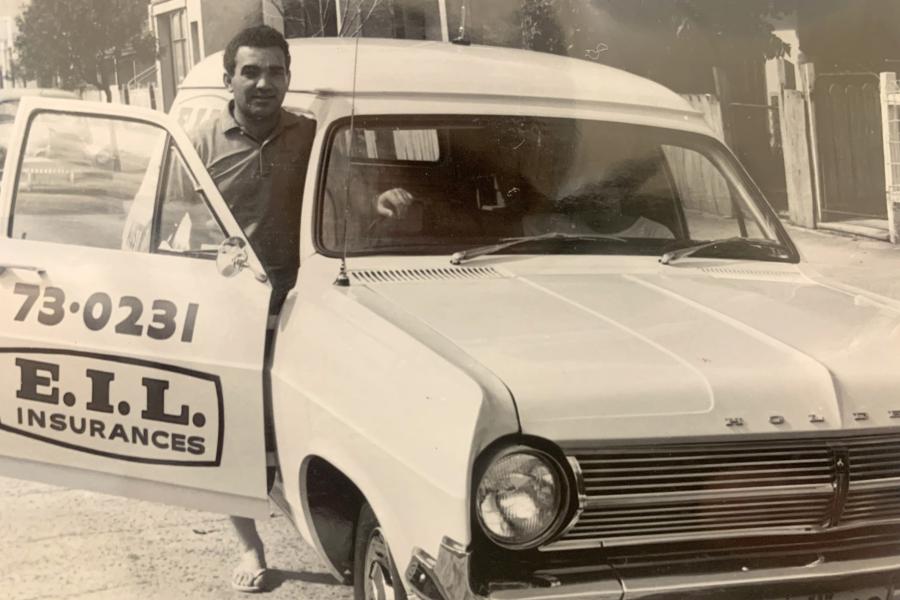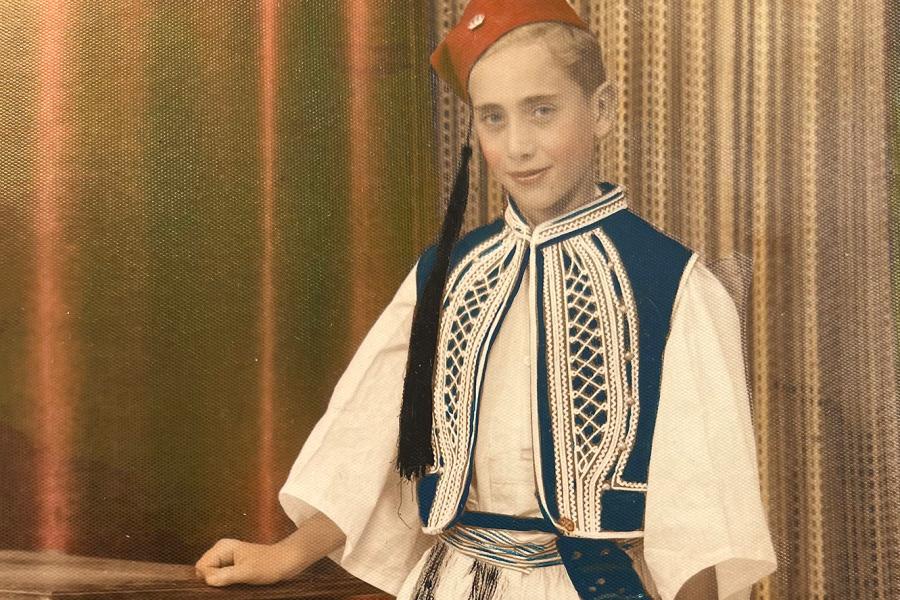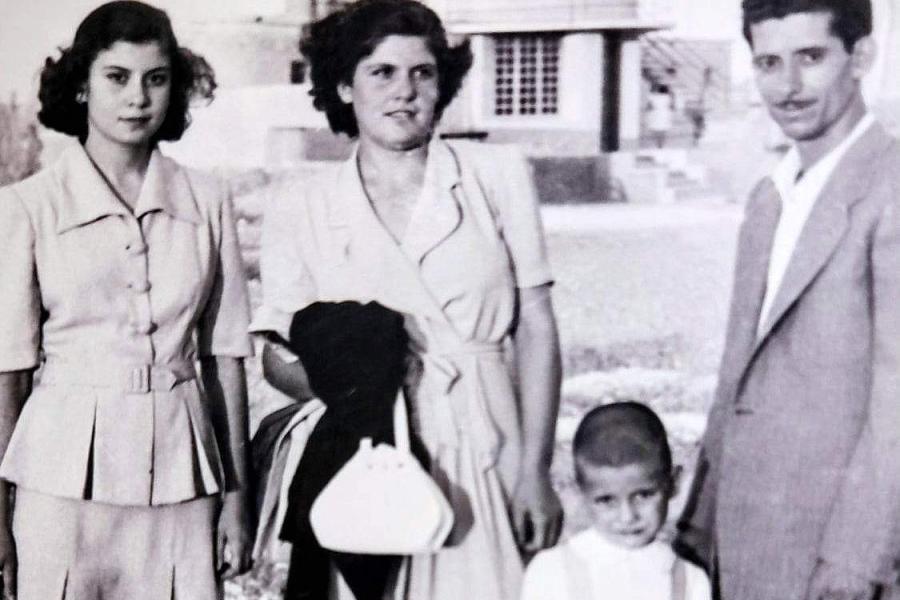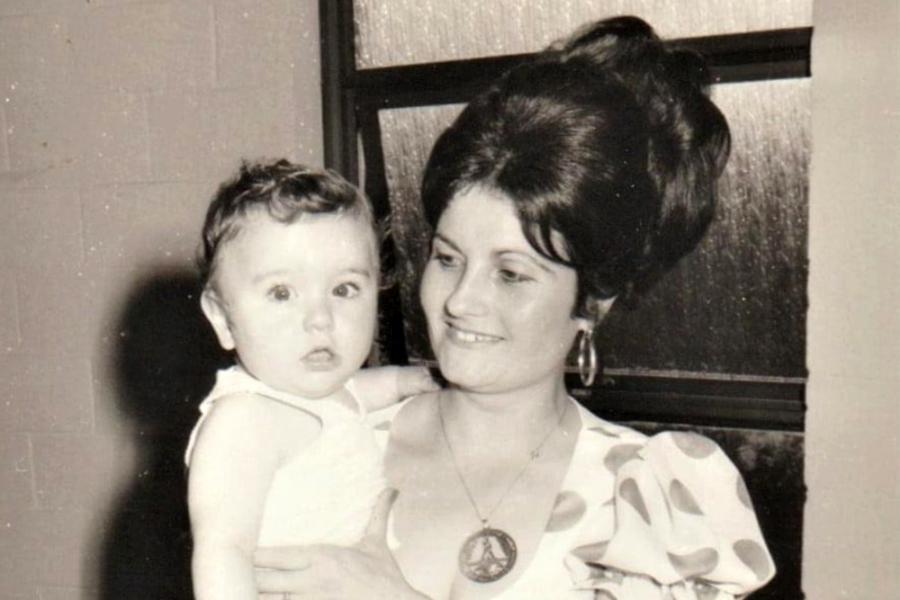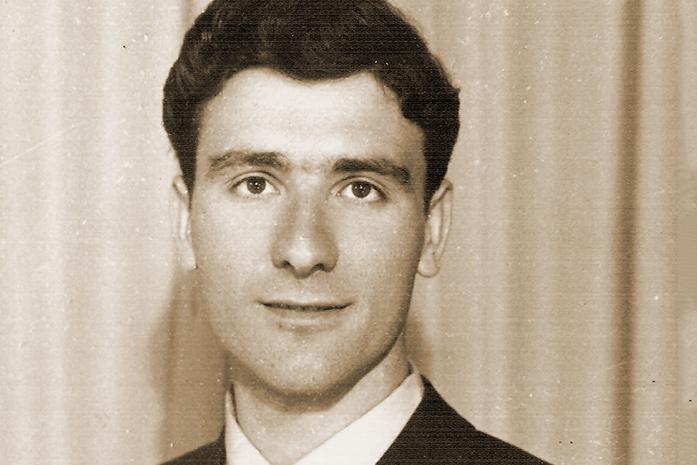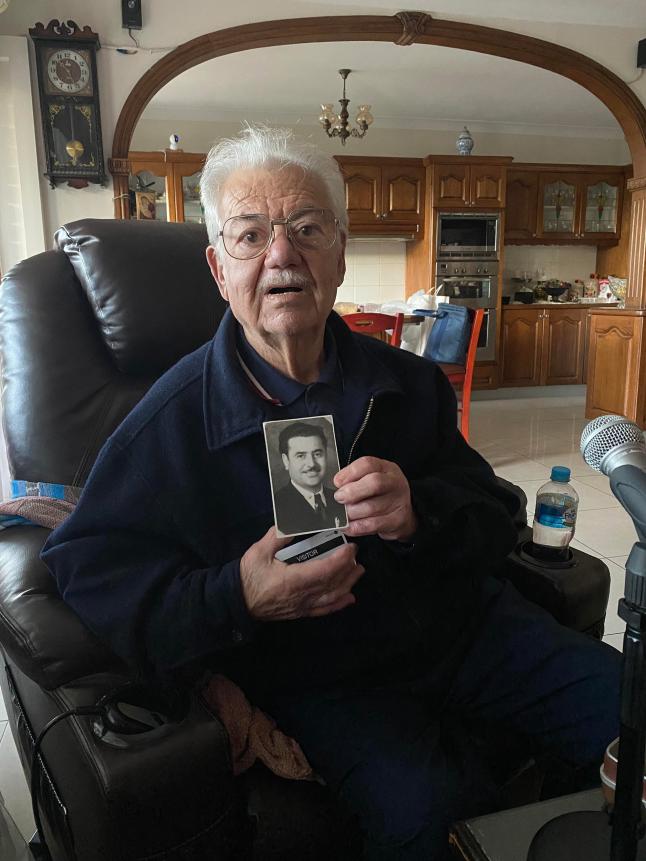

Speaker background
Emmanuel was born on the island of Kos and arrived in Australia at the age of 17 in 1957. He took up the profession he learnt from his father as a cabinet furniture maker. He is an artisan who has created beautiful wood carved pieces of religious furniture and art for various Greek Churches in Australia. He is also an enthusiastic musician and painter.
Interview summary
Emmanuel recounts how his father, who helped the Allied Forces in Greece during World War II, was, after the war, persecuted by right-wing monarchists. He also recalls his father’s sudden death at the age of 52, the commencement of his working life in Australia and the challenging conditions under which he worked.
Interview highlights
highlight
What made your family decide to emigrate to Australia?
‘The thing that upset my father was that, even though he helped the Englishmen, later, they gave the names of all those that helped them, 60 people, they gave the names to the Greek authorities as communists and they put my father on the Communist list. “How is it possible? I am a person of the Church.” [. . . .]
The police would come by regularly to check up on him at our furniture shop, to have a look around. Some neighbours came around three times a week, 3 of them, and they would sing under our window, after 11.30 it was forbidden to go outside or to sing, but they would sing:
“Whoever doesn’t want the King, is not a patriot but a communist and a Bulgarian traitor, Greetings my King, Greetings from the ‘Chites’ [right wing bands] your children.”
I’ve never forgotten it and the policeman would be outside in the corner waiting for my dad to come outside and complain so they could arrest him. That’s why he was saddened. “Why,” he would say. “I was not a communist, not even a leftist.” And he served the Church and was on the committee.’
Timecode 05:12 - 06:44
